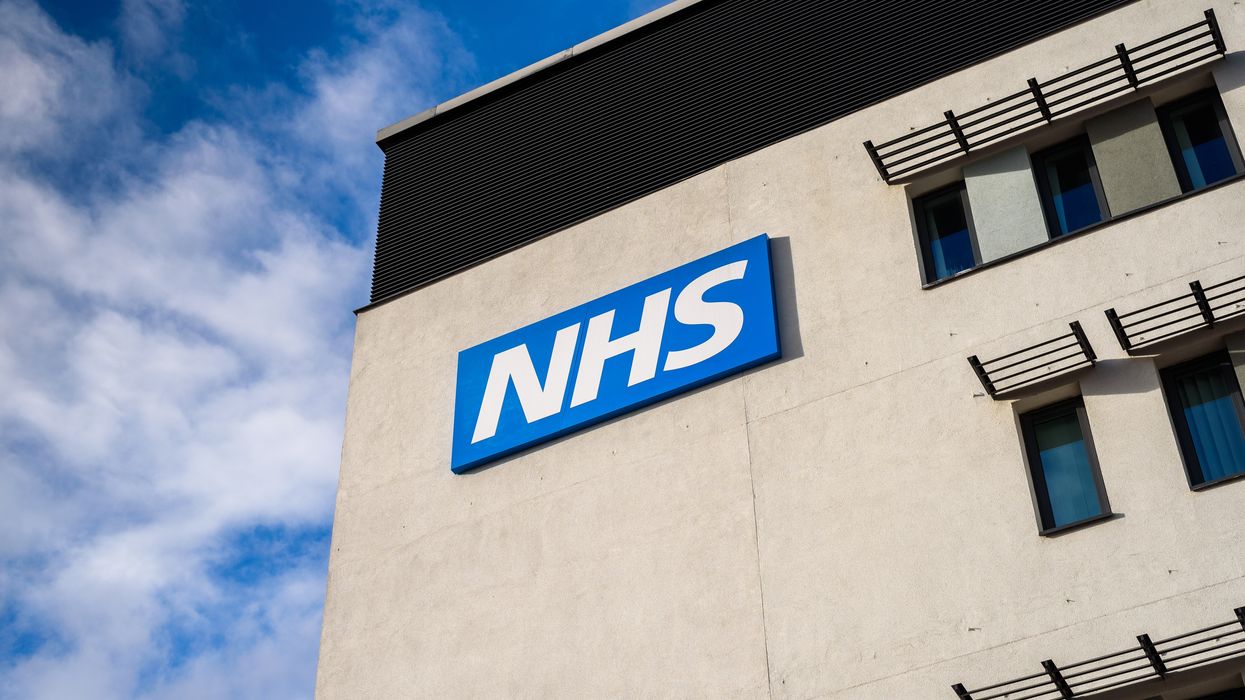Trust leaders are calling on the next government to commit to constructing 40 new hospitals in England by 2030
Trust leaders involved in the New Hospital Programme (NHP) have warned that further delays in the government scheme will lead to more patient harm, disappointment among staff, and higher costs for taxpayers.
According to NHS Providers, delays in the government scheme that promised 40 new hospitals in England by 2030 are draining millions of pounds from scarce NHS funds every month.
Some trusts are compelled to spend over £1 million a month from their under-pressure budgets due to spiraling cost pressures, on-hold building projects, and the bill for having to patch up deteriorating sites.
While there has been some progress over the past year, trust leaders remain apprehensive that “uncertainty over funding and shifting timetables risks putting their promised buildings further out of reach.”
They expressed concerns that crumbling estates and out-of-date equipment are hampering patient care. Moreover, they informed NHS Providers that delays in the NHP are contributing to increased demoralization among staff and a decline in public confidence.
"Our teams are coming in, day in day out to infrastructure that is not fit for purpose. We don't have the facilities to treat patients in the way that any of us aspire to."
"In the past three years, we've seen a 25 per cent increase in costs. That's £200m more today than it would have cost three years ago."
"Many of the new hospital plans have been around for a decade – we must now be given the opportunity to ensure all the plans align with modern healthcare provision,” trust leaders involved in the NHP told NHS Providers.
Sir Julian Hartley, chief executive of NHS Providers, said: "Trust leaders and local people want to see the promise of 'new hospitals' honoured. They know these projects can transform services for patients and staff.
"While there has been some welcome progress, the bigger picture is one of delay, indecision and soaring costs which the NHS, taxpayers and patients can ill afford. Trusts urgently need clarity from the government on funding and next steps.”
However, Hartley highlighted that this constitutes just one part of a much bigger problem regarding the extent of underinvestment across the NHS estate.
“More than 100 trusts applied to join the NHP and the NHS repairs bill is now at a staggering £11.6bn, much of it high risk,” he said, stressing the urgency of not allowing this problem to deteriorate further.
"As we head towards a general election, trust leaders want a cast-iron commitment from all political parties to an NHS infrastructure programme that meets the needs of hospitals, mental health, community and ambulance services. Patients, hard-working NHS staff and taxpayers deserve nothing less,” he added.
Trust leaders have urged the next government to commit to the current hospital building programme, cautioning that any delays would be costly and undermine patient care.













